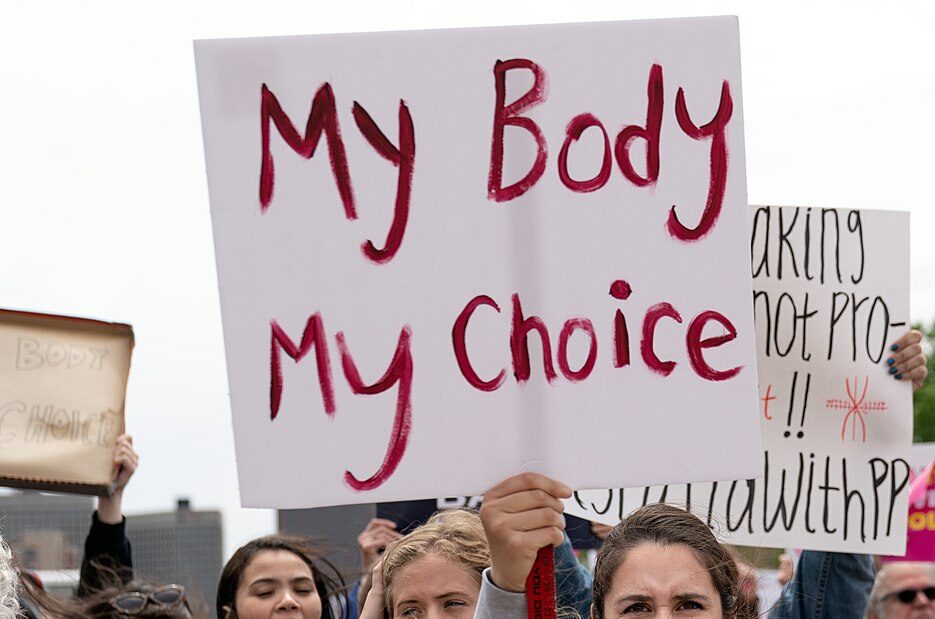What are sexual and reproductive health and rights?
A bit of history
The topic of sexual and reproductive health and rights has followed a long process and has been at the centre of international debate for several years now. After the UN International Conference on Human Rights in Tehran (1968), which established the parents’ right to decide on family planning, other UN conferences (First World Conference on Women, Mexico City; UN Conference on Human Rights, Vienna 1993; Cairo Conference on Population and Development, 1994; Fourth World Conference on Women, Beijing 1995, to name the main ones) have addressed the subject and passed resolutions and action plans. The topic has also been the focus of a number of UN General Assembly sessions, including the Millennium Summit in 2000 where the Assembly established the Millennium Development Goals. In 2015, sexual and reproductive health was again included in the UN 2030 Agenda for Sustainable Development, with new Sustainable Development Goals
Sexual and reproductive health and rights
The Programme of Action of the Cairo International Conference on Population and Development (ICPD) defines reproductive health as “a state of complete physical, mental and social well-being – and not simply an absence of disease or infirmity – with regard to the reproductive system. Reproductive health thus implies that people have a satisfying and safe sex life, the ability to procreate and the freedom to decide whether, when and how often to do so. It also includes sexual health, the purpose of which is the enhancement of life and personal relations, and not merely counseling and care related to reproduction and sexually transmitted diseases” (paras 7.2 – 7.3). Defining reproductive rights has had a rather difficult path, but the various definitions are all based on the right of women to have control over their own bodies. The Platform for Action of the Beijing Conference states for the first time that reproductive rights are intrinsically linked to fundamental human rights (the right to life and survival, liberty and personal security, fair treatment, education…), specifying that they “…include the right to have control over and decide freely and responsibly about one’s sexuality, including sexual and reproductive health, free from coercion, discrimination and violence” (parag. 96). The Millennium Development Goals (MDGs) do not explicitly mention reproductive health, but individual aspects have been distributed among Goals 3, 4, 5, 6. The United Nations 2030 Agenda for Sustainable Development (2015), in goals 3 (Health and well-being) and 5 (Gender equality) explicitly recognises sexual health and reproductive rights as essential to women’s health, development and empowerment. Recently, the Guttmacher-Lancet Commission on Reproductive Health expanded the definition of sexual and reproductive health and rights to include freedom from gender-based violence (Starrs and others, 2018).
Where are we now and what remains to be done
In recent years, there have been positive changes. Some states have introduced sexual and reproductive health and rights into their legislation and there is increased awareness on the issue. However, the exercise of these rights is still not assured, mainly due to the weight of political, economic and religious factors in the matter. Even today, some states have restricted the possibility of the enjoyment of sexual and reproductive health by making access to dedicated services and information very difficult. In 2020, the Covid 19 pandemic further aggravated the situation. According to UNFPA data, nearly 12 million women in 115 countries have lost access to family planning services, resulting in 1.4 million unwanted pregnancies. If the programmes conducted by states and organisations are to be effective, a thorough understanding of the connection between the components that hinder women’s empowerment around the world such as lack of access to adequate health services, inability to realise their fundamental rights and economic independence must be achieved.
UNFPA’s work
TOWARDS THREE ZEROS BY 2030.
In 2018, UNFPA called for achieving:
- zero unmet need for family planning
- zero preventable maternal deaths
- zero gender-based violence, including harmful practices like child marriage and female genital mutilation (FGM).
UNFPA’s work is based on the premise that all human beings should have equal rights and protection to ensure that all people, particularly women and girls, are able to access high quality sexual and reproductive health services (including voluntary family planning, pre- and post-natal care services, childbirth care, prevention of sexually transmitted diseases) and can make informed, voluntary and violence-free sexual and reproductive choices.
AIDOS’s work
The issue of sexual and reproductive health and rights has always been at the heart of AIDOS activities. Starting with the Italian experience of family counselling centres, AIDOS creates Centres for women’s sexual and reproductive health throughout the life cycle. The Centres (in Burkina Faso, Jordan, Nepal, Syria, the Gaza Strip and Venezuela) provide: gynaecological care services; psychological and social care services with counselling on sexuality, domestic violence and sexual abuse; legal assistance; information services, sex education and specialised treatment for adolescents; involvement of men in information and awareness-raising activities; information campaigns and meetings on specific topics; referral system to hospital facilities in the country; in Africa and Europe, information and training activities on gender-based violence and to fight FGM.

